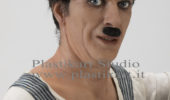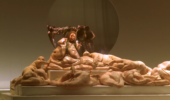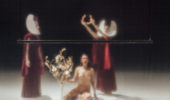The Parthenon Metopes by Romeo Castellucci.
Le Metope del Partenone du Romeo Castellucci.
Festival d’Automne à Paris (Grande halle de la Villette)
A scenic installation for 6 actors, 4 ambulance cars and paramedics.
Concept, Direction, Set: Romeo Castellucci
Music: Scott Gibbons
Text: Claudia Castellucci
Collaboration artistique: Silvia Costa
Special effects, Make Up: Giovanna Amoroso, Istvan Zimmermann, Plastikart Studio
Costume Designer: Elisa Thönen
- Urs Bihler
- Dirk Glodde
- Gina Berger/Silvia Costa
- Zoe Hutmacher
- Liliana Kosarenko
- Maximilian Reichert
Coproduction: Theater Basel, La Villette, Festival d’Automne à Paris (Grande halle de la Villette)
Le Metope del Partenone – Romeo Castellucci
Conception et mise en scène, Romeo Castellucci – Musique, Scott Gibbons – Devinettes, Claudia Castellucci – Avec : Urs Bihler, Dirk Glodde, Gina Gurtner/Silvia Costa, Zoe Hutmacher, Liliana Kosarenko, Maximilian Reichert – Collaboration artistique, Silvia Costa – Effets spéciaux, Giovanna Amoroso et Istvan Zimmermann – Plastikart Studio
La grande halle de la Villette, Paris, France – Le 22-30/11/2015 – Photo : Christophe RAYNAUD DE LAGE

The Parthenon Metopes by Romeo Castellucci. Art Basel. Special effects, Make Up: Giovanna Amoroso, Istvan Zimmermann, Plastikart Studio. With Gina Gurtner.
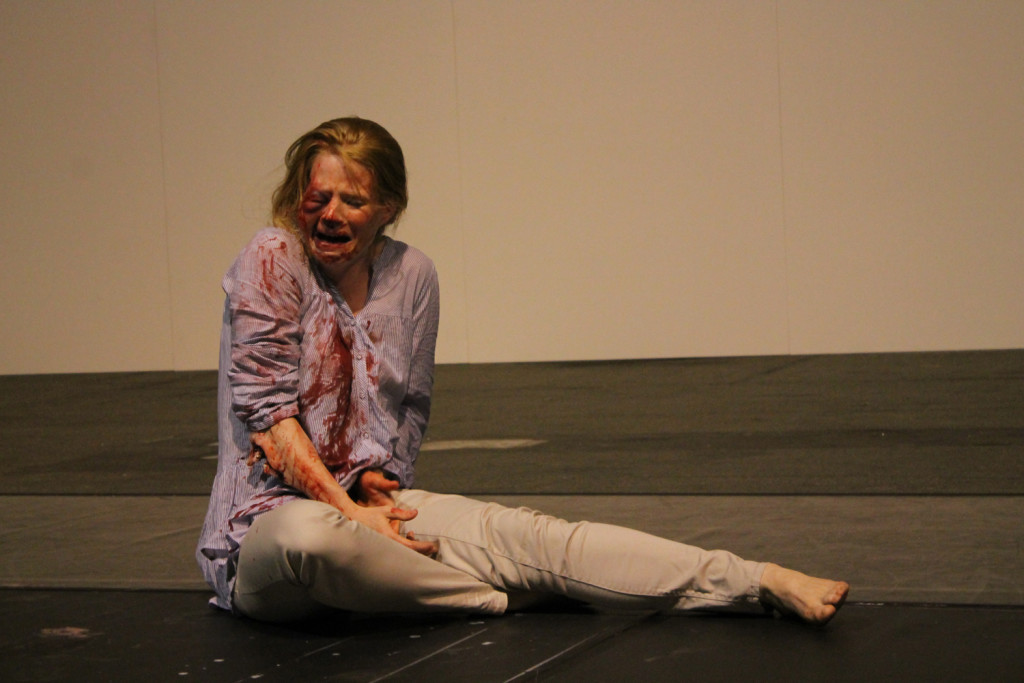
The Parthenon Metopes by Romeo Castellucci. Art Basel. Special effects, Make Up: Giovanna Amoroso, Istvan Zimmermann, Plastikart Studio. With Gina Gurtner.
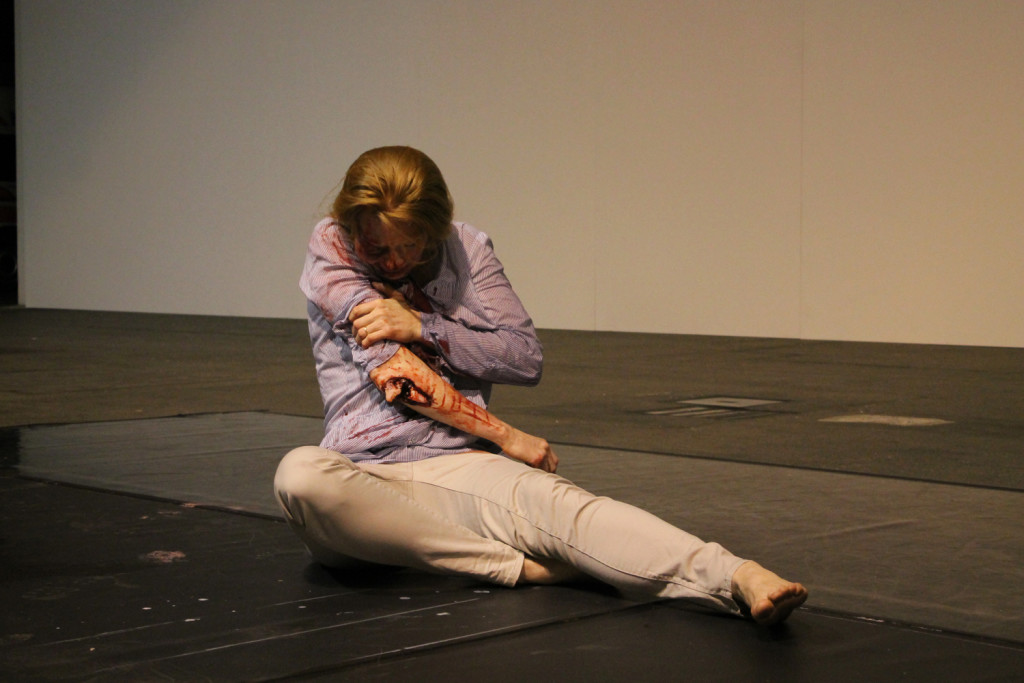
The Parthenon Metopes by Romeo Castellucci. Art Basel. Special effects, Make Up: Giovanna Amoroso, Istvan Zimmermann, Plastikart Studio. With Gina Gurtner.
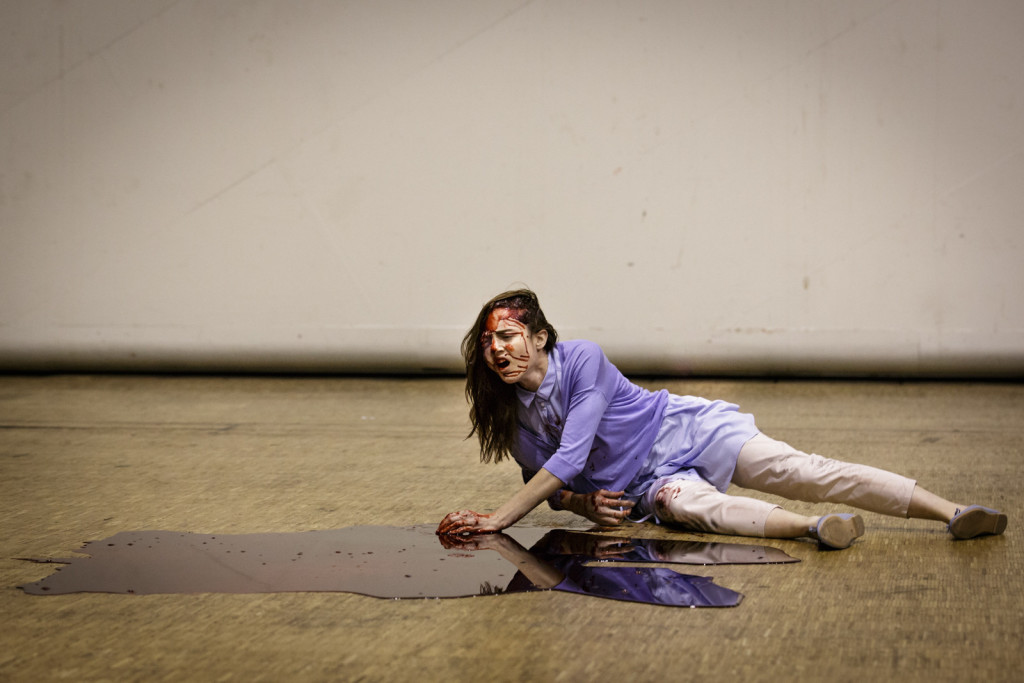
The Parthenon Metopes by Romeo Castellucci. Paris. La Villette. Special effects, Make Up: Giovanna Amoroso, Istvan Zimmermann, Plastikart Studio. Photo by Christophe Raynaud de Lage. With Silvia Costa.
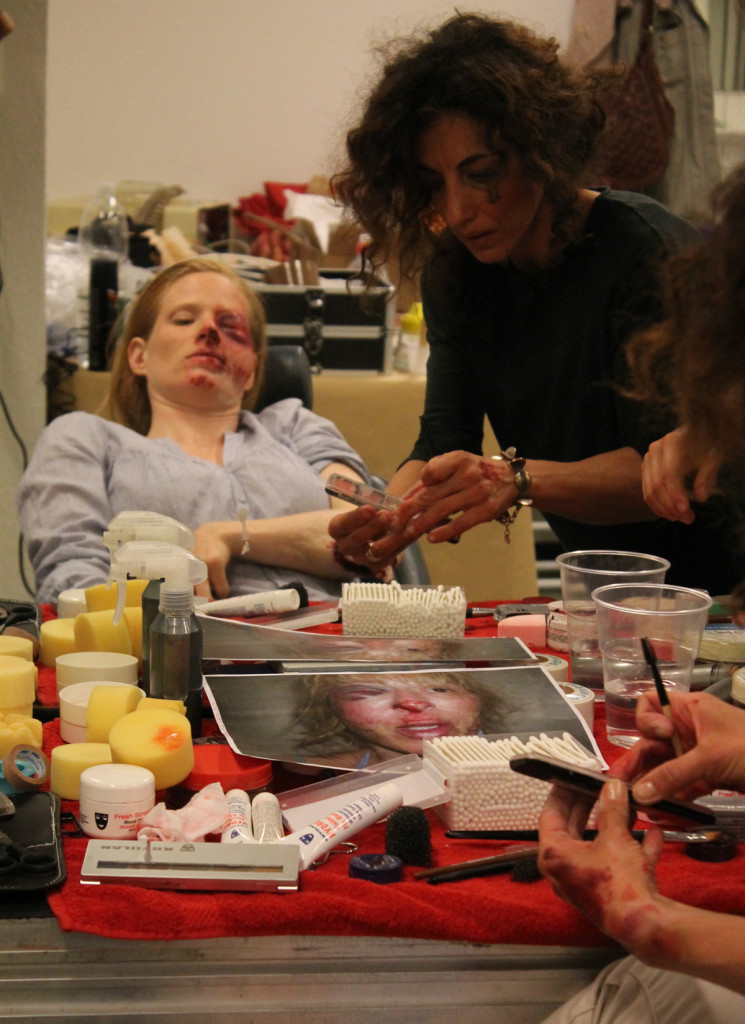
The Parthenon Metopes by Romeo Castellucci. Art Basel. Special effects, Make Up: Giovanna Amoroso, Istvan Zimmermann, Plastikart Studio. With Gina Gurtner.
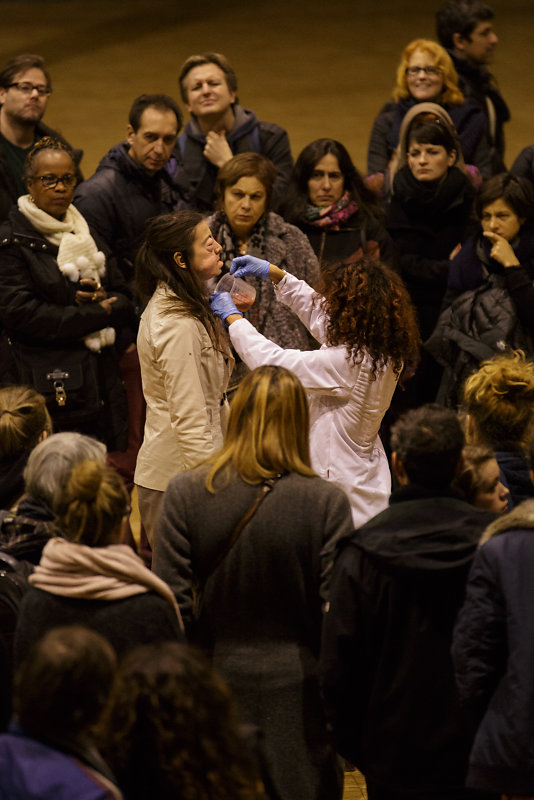
The Parthenon Metopes by Romeo Castellucci. Paris. La Villette. Special effects, Make Up: Giovanna Amoroso, Istvan Zimmermann, Plastikart Studio. Photo by Christophe Raynaud de Lage. With Zoe Hutmaker.
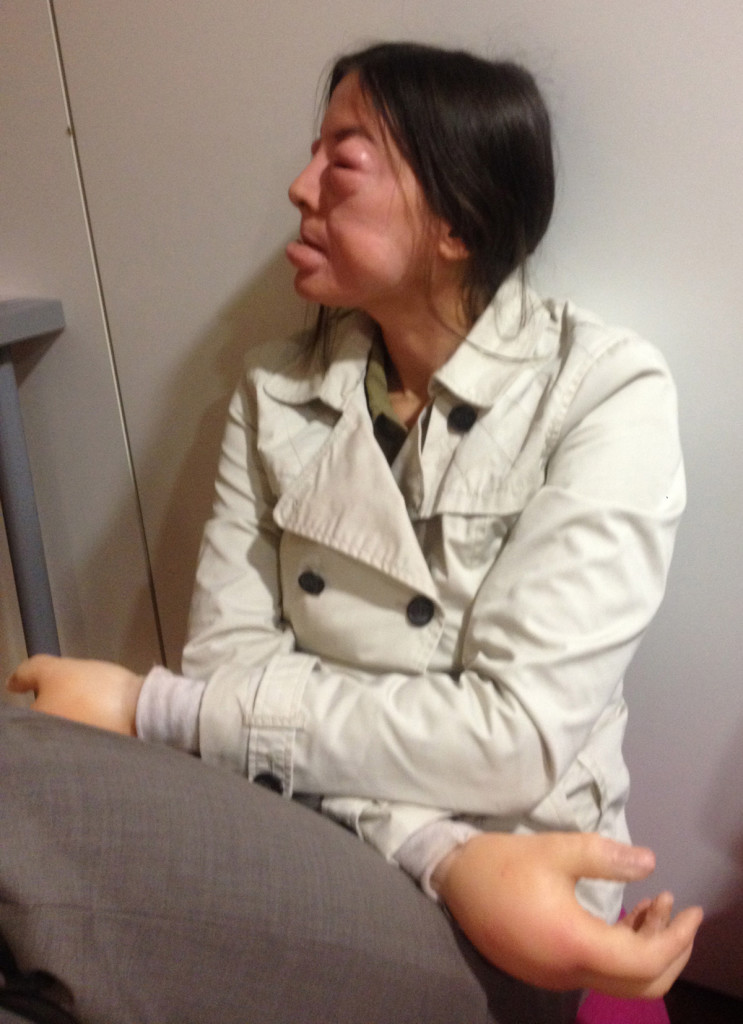
The Parthenon Metopes by Romeo Castellucci. Paris. La Villette. Special effects, Make Up: Giovanna Amoroso, Istvan Zimmermann, Plastikart Studio. With Zoe Hutmaker.
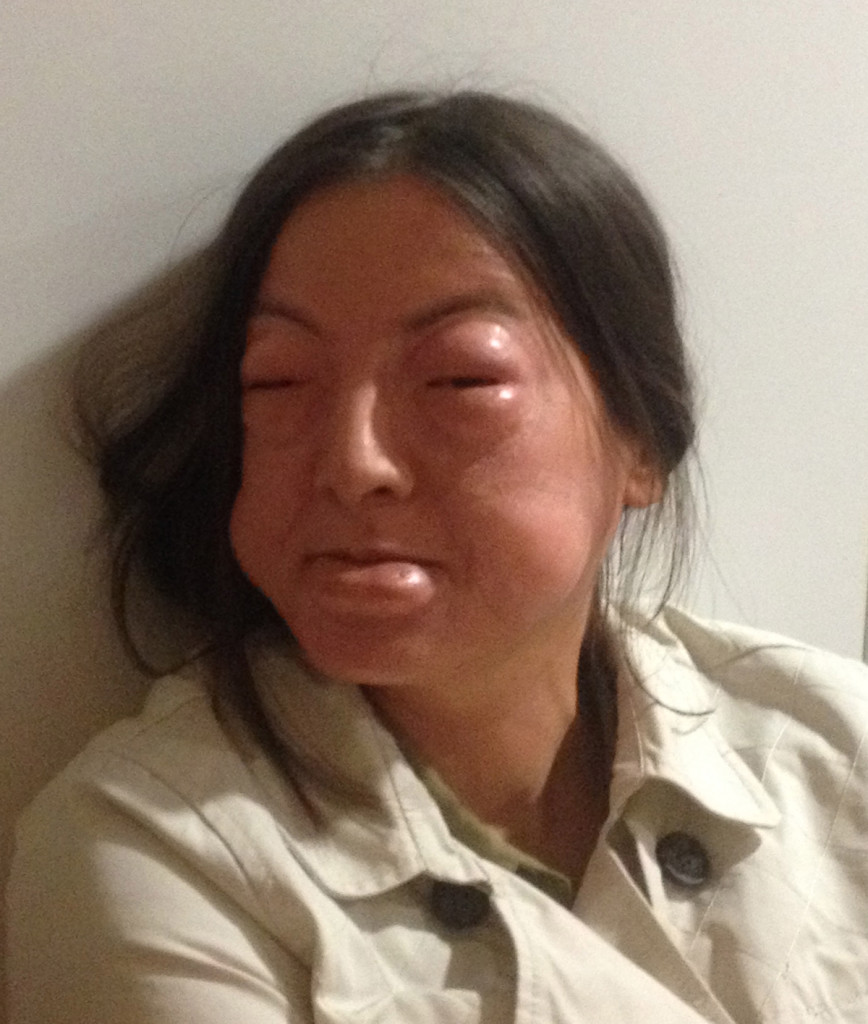
The Parthenon Metopes by Romeo Castellucci. Paris. La Villette. Special effects, Make Up: Giovanna Amoroso, Istvan Zimmermann, Plastikart Studio. With Zoe Hutmaker.
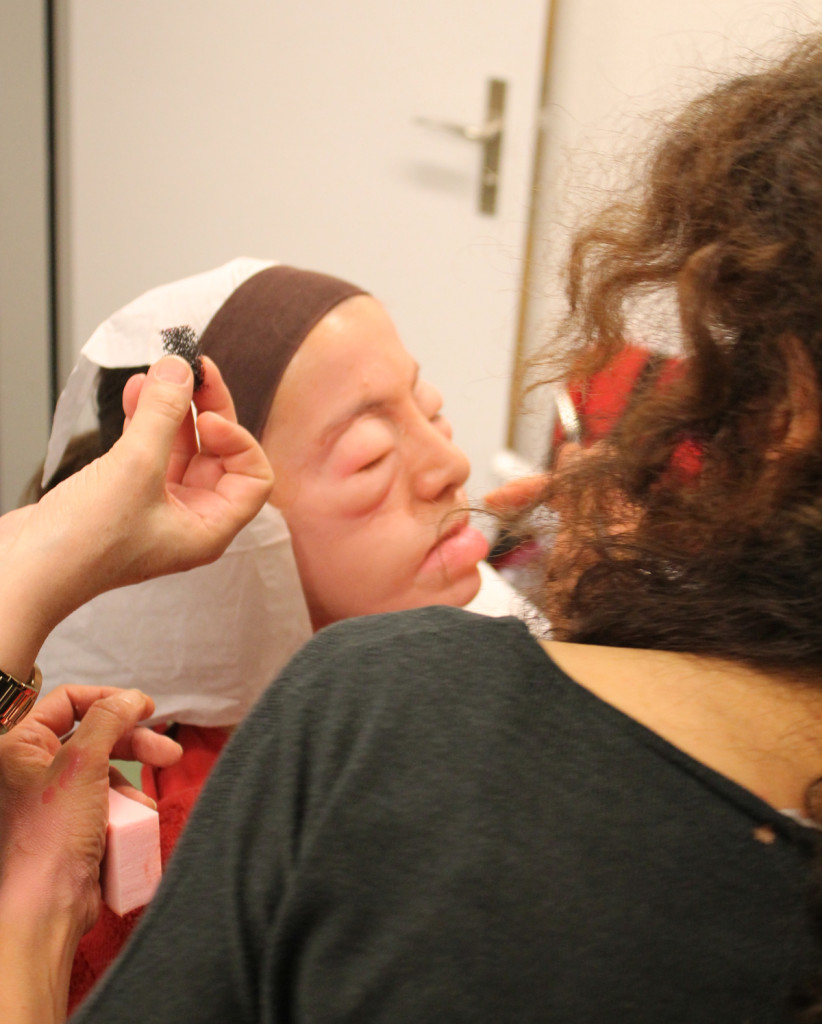
The Parthenon Metopes by Romeo Castellucci. Art Basel. Special effects, Make Up: Giovanna Amoroso, Istvan Zimmermann, Plastikart Studio. With Zoe Hutmaker.
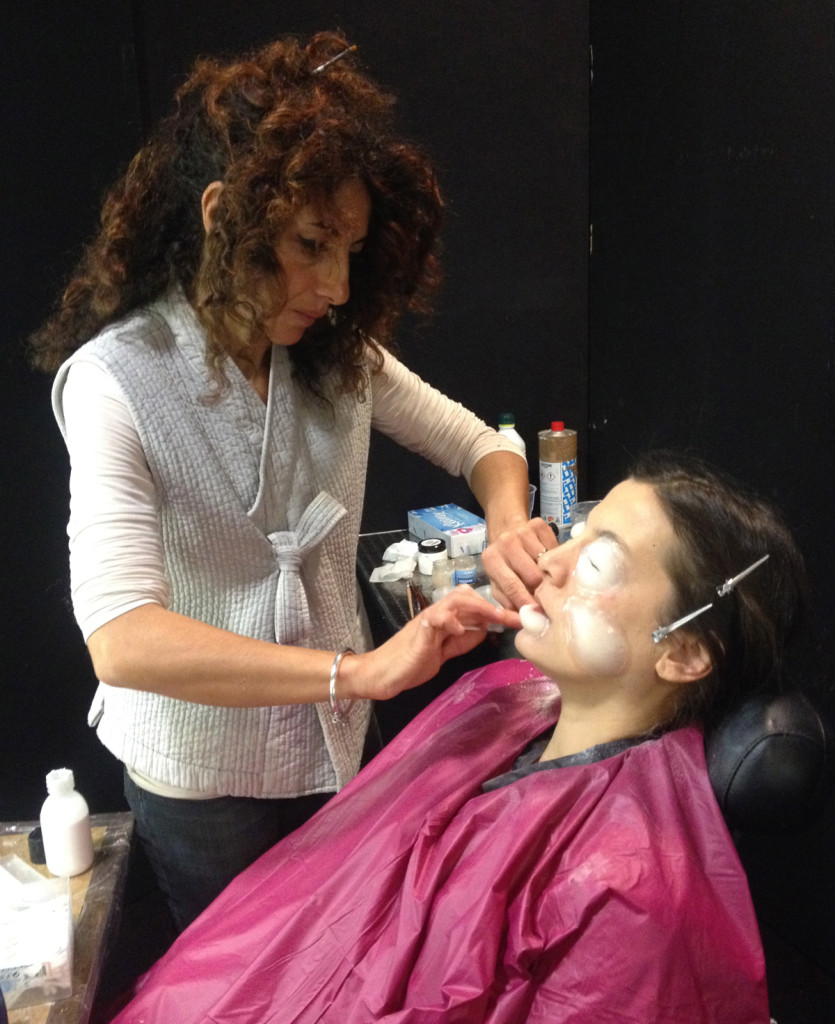
The Parthenon Metopes by Romeo Castellucci. Paris. La Villette. Special effects, Make Up: Giovanna Amoroso, Istvan Zimmermann, Plastikart Studio. With Zoe Hutmaker.
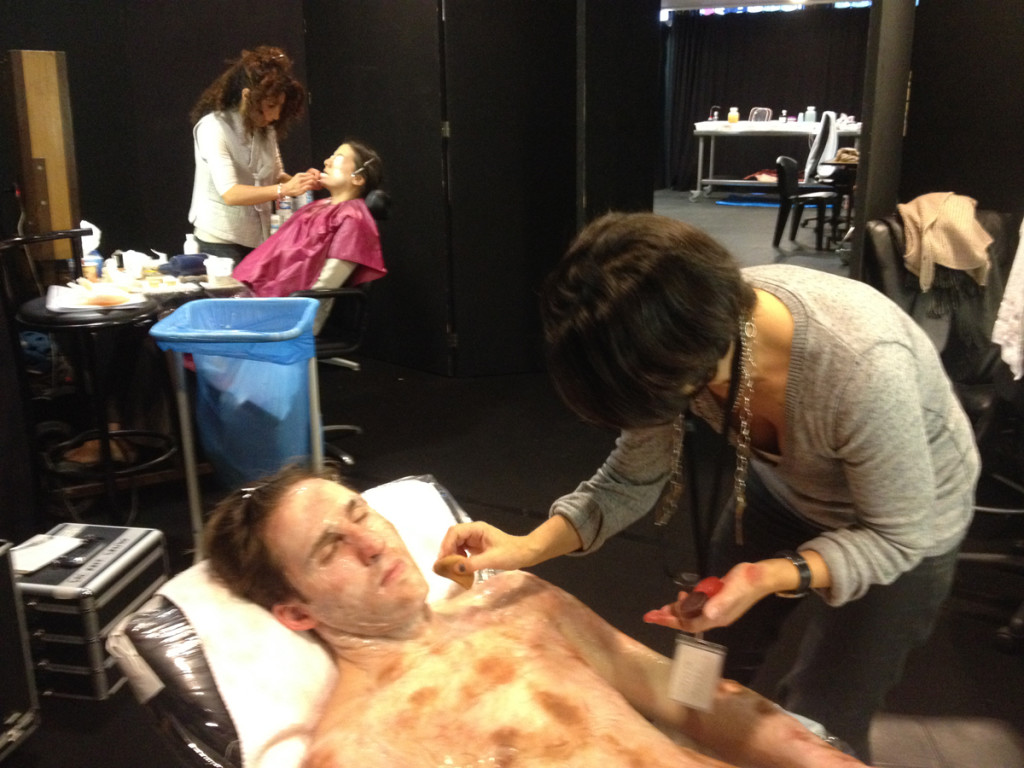
The Parthenon Metopes by Romeo Castellucci. Paris. La Villette. Special effects, Make Up: Giovanna Amoroso, Istvan Zimmermann, Plastikart Studio. With Zoe Hutmaker, Sylvie Cailler, Maximilian Reichert.
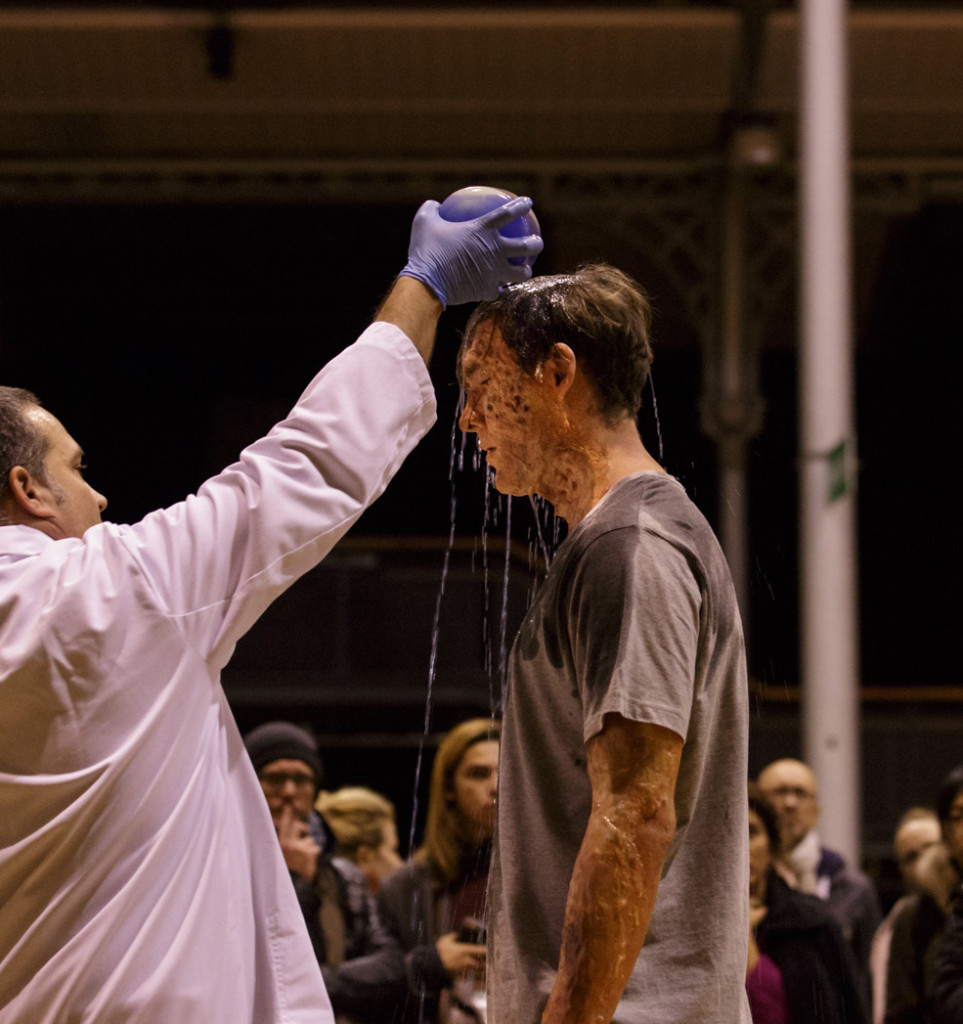
The Parthenon Metopes by Romeo Castellucci. Paris. La Villette. Special effects, Make Up: Giovanna Amoroso, Istvan Zimmermann, Plastikart Studio. Photo by Christophe Raynaud de Lage. With Maximilian Reichert.
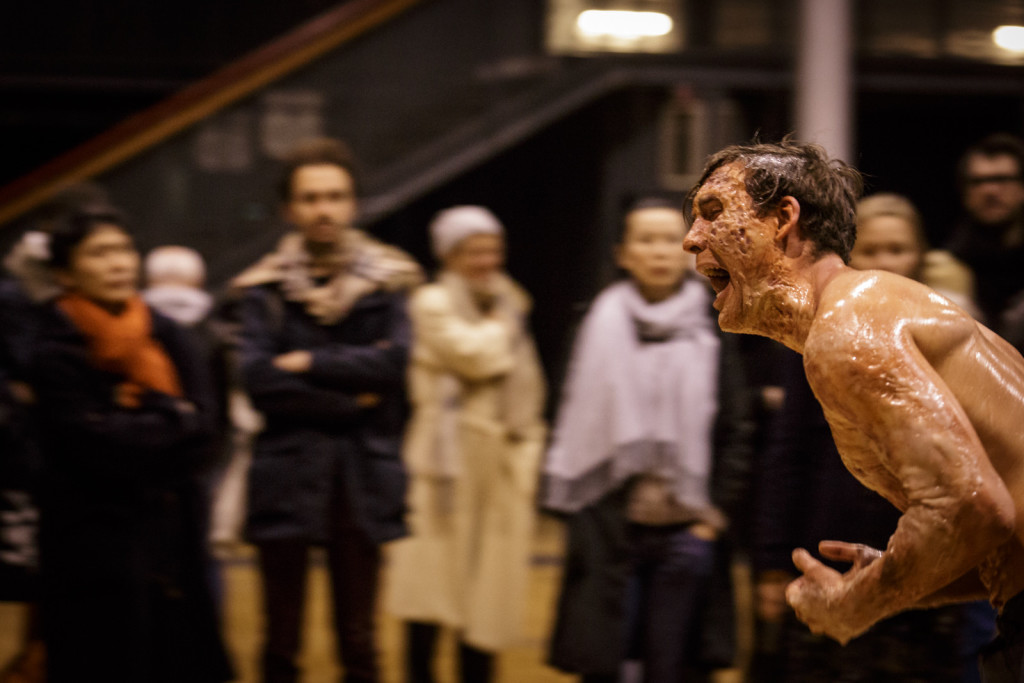
The Parthenon Metopes by Romeo Castellucci. Paris. La Villette. Special effects, Make Up: Giovanna Amoroso, Istvan Zimmermann, Plastikart Studio. Photo by Christophe Raynaud de Lage. With Maximilian Reichert.
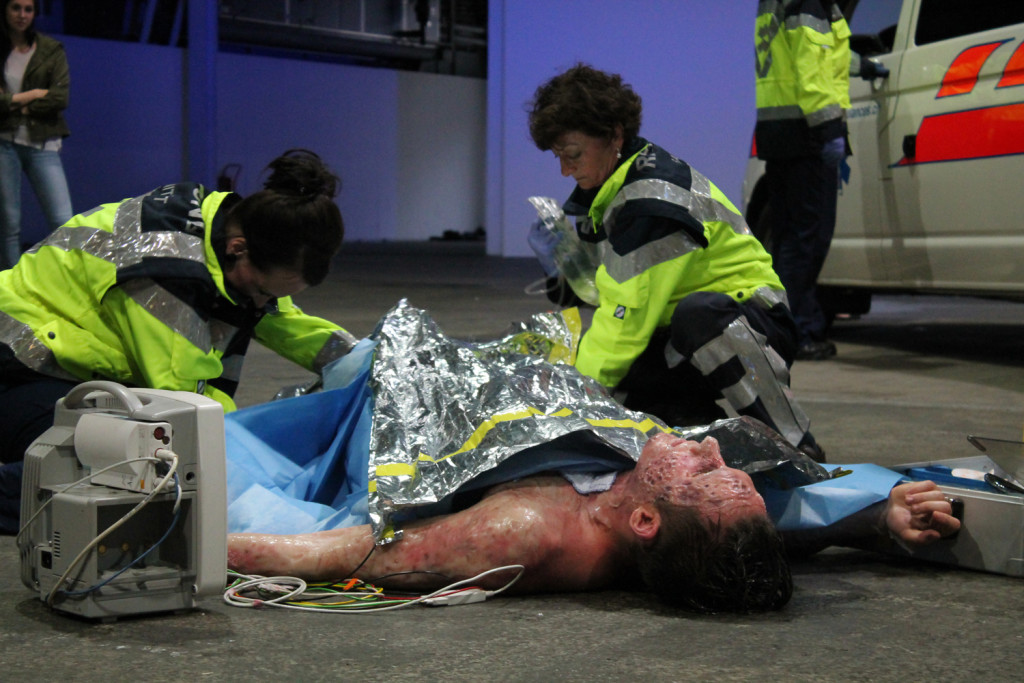
The Parthenon Metopes by Romeo Castellucci. Art Basel. Special effects, Make Up: Giovanna Amoroso, Istvan Zimmermann, Plastikart Studio. With Maximilian Reichert.
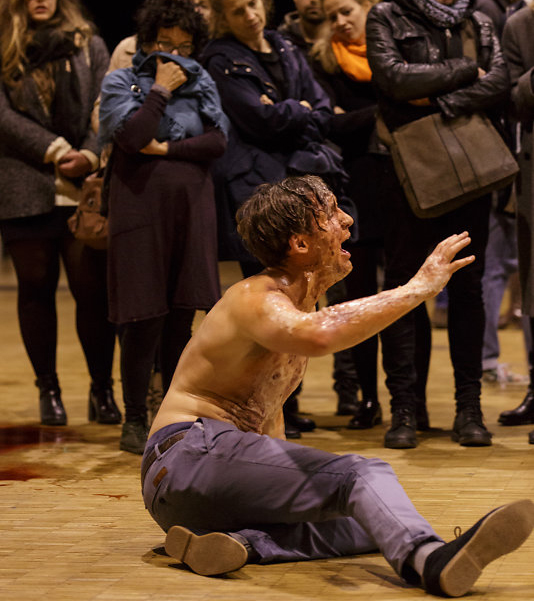
The Parthenon Metopes by Romeo Castellucci. Paris. La Villette. Special effects, Make Up: Giovanna Amoroso, Istvan Zimmermann, Plastikart Studio. Photo by Christophe Raynaud de Lage. With Maximilian Reichert.

The Parthenon Metopes by Romeo Castellucci. Art Basel. Special effects, Make Up: Giovanna Amoroso, Istvan Zimmermann, Plastikart Studio. With Maximilian Reichert.
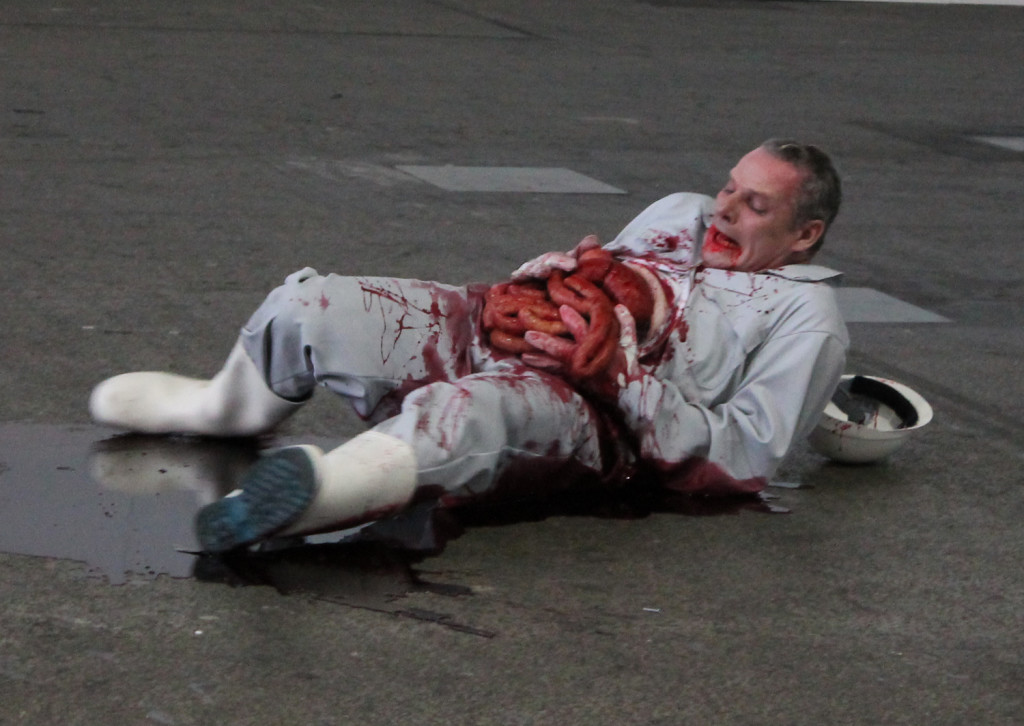
The Parthenon Metopes by Romeo Castellucci. Art Basel. Special effects, Make Up: Giovanna Amoroso, Istvan Zimmermann, Plastikart Studio. With Dirk Glodde.
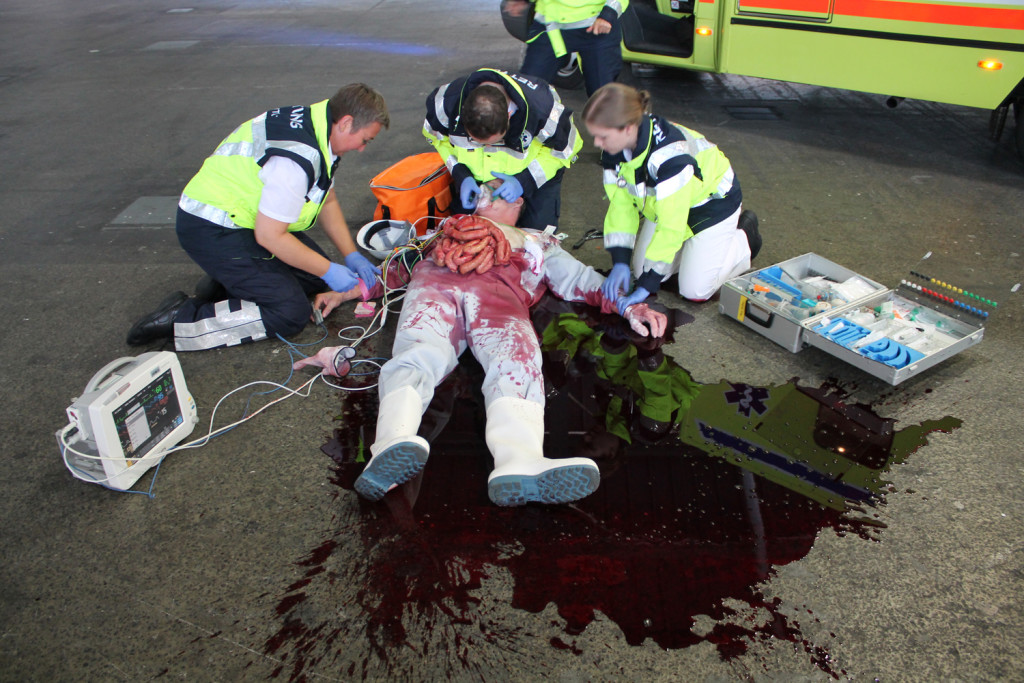
The Parthenon Metopes by Romeo Castellucci. Art Basel. Special effects, Make Up: Giovanna Amoroso, Istvan Zimmermann, Plastikart Studio. With Dirk Glodde.
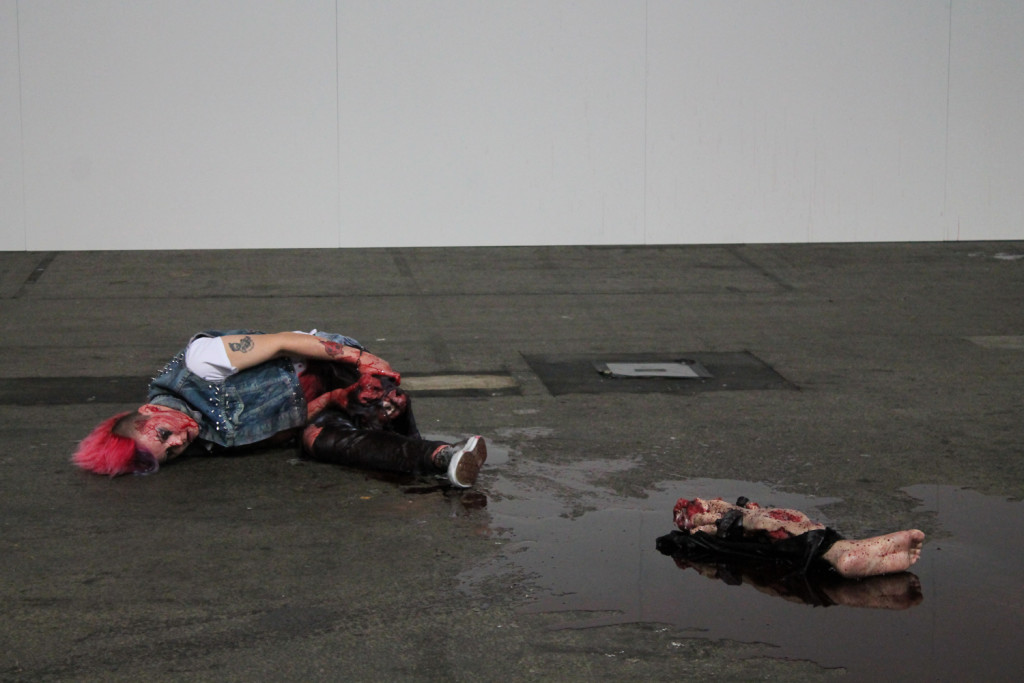
The Parthenon Metopes by Romeo Castellucci. Art Basel. Special effects, Make Up: Giovanna Amoroso, Istvan Zimmermann, Plastikart Studio. With Liliana Kosarenko.
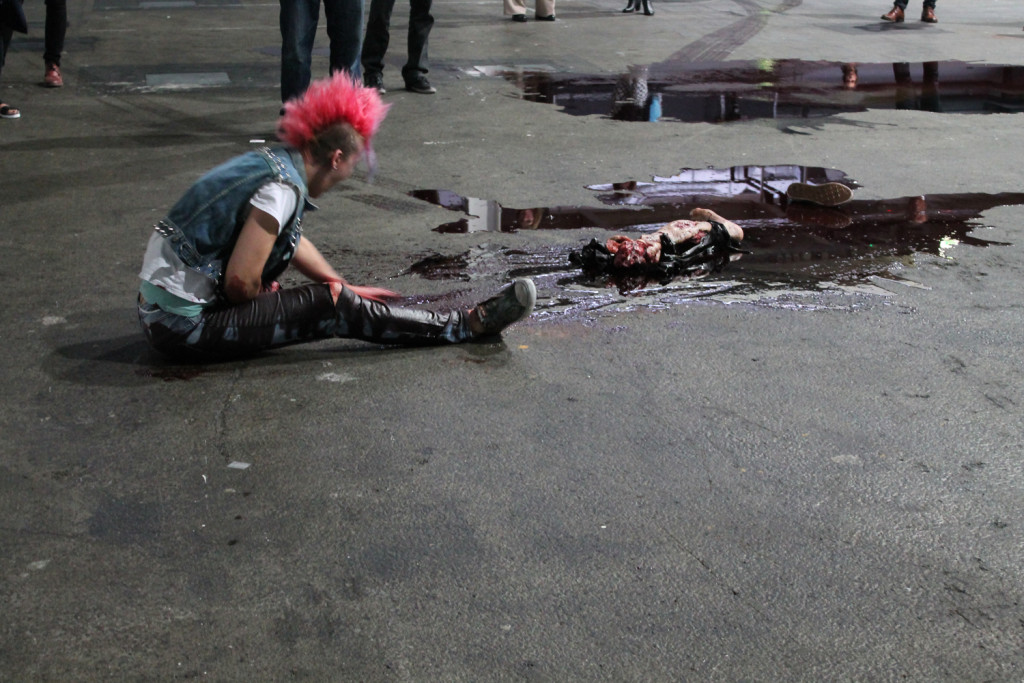
The Parthenon Metopes by Romeo Castellucci. Art Basel. Special effects, Make Up: Giovanna Amoroso, Istvan Zimmermann, Plastikart Studio. With Liliana Kosarenko.
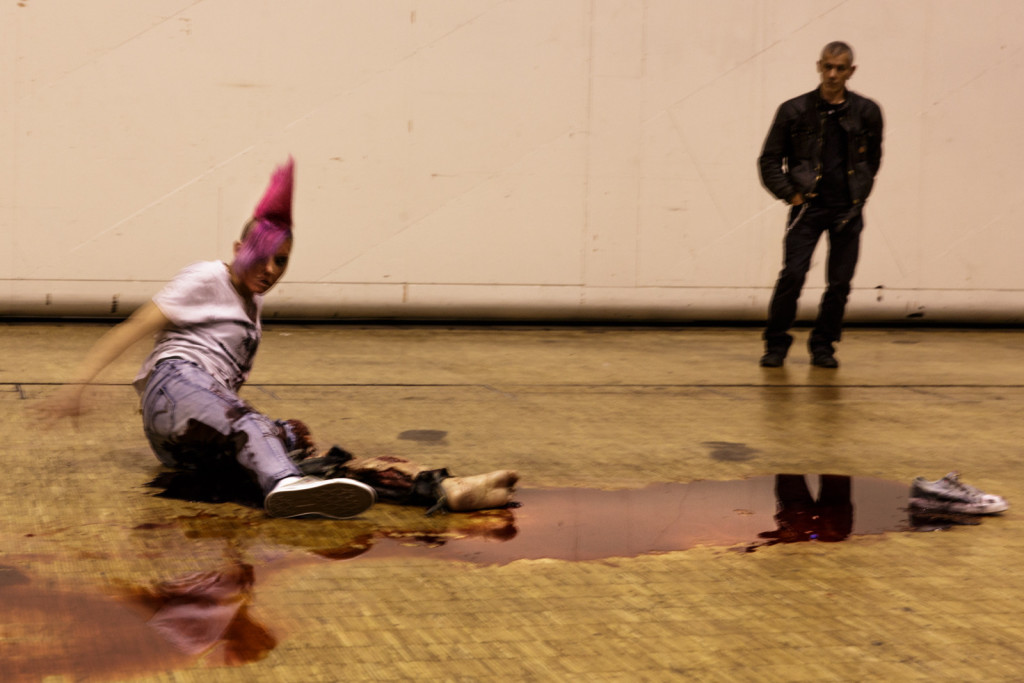
The Parthenon Metopes by Romeo Castellucci. Paris. La Villette. Special effects, Make Up: Giovanna Amoroso, Istvan Zimmermann, Plastikart Studio. Photo by Christophe Raynaud de Lage. With Liliana Kosarenko.
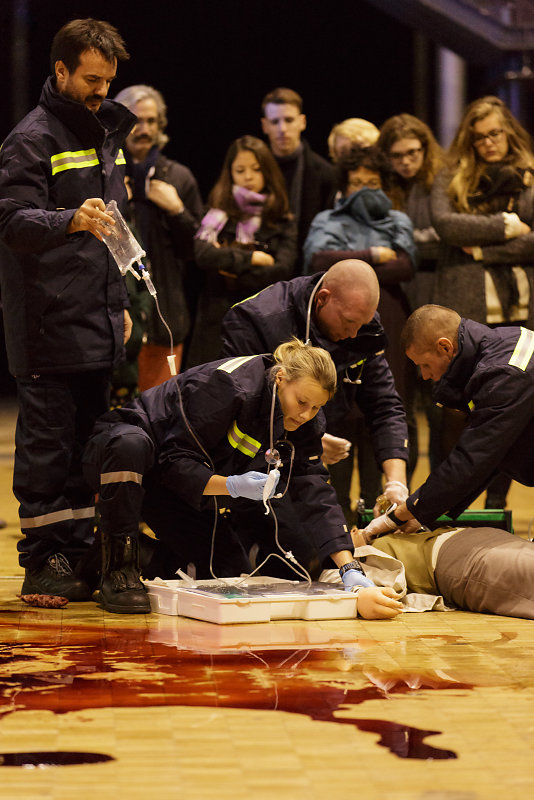
The Parthenon Metopes by Romeo Castellucci. Paris. La Villette. Special effects, Make Up: Giovanna Amoroso, Istvan Zimmermann, Plastikart Studio. Photo by Christophe Raynaud de Lage. With Zoe Hutmaker.
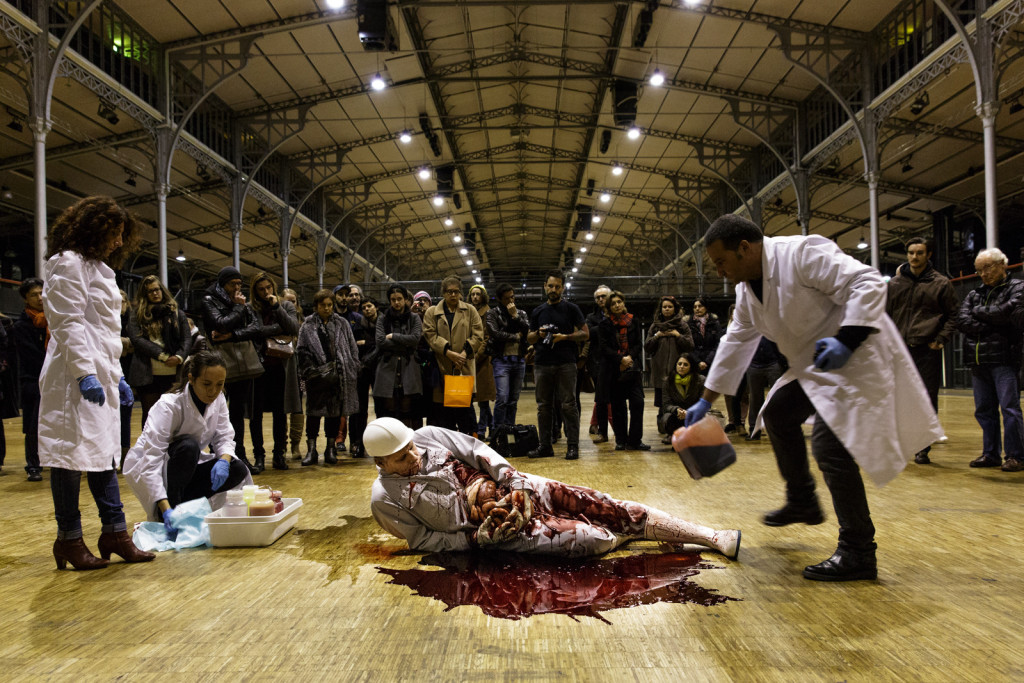
The Parthenon Metopes by Romeo Castellucci. Paris. La Villette. Special effects, Make Up: Giovanna Amoroso, Istvan Zimmermann, Plastikart Studio. Photo by Christophe Raynaud de Lage. With Dirk Glodde.
In collaboration with: Art Basel, MCH Messe Schweiz and Socìetas Raffaello Sanzio
With the friendly support of Vereinigung nordwestschweizerischer Spitäler
At the end of the theatre season 2014/15 and during Art Basel, Theater Basel presents, from 16th June onwards, an intervention by internationally renowned artist Romeo Castellucci. «The Parthenon Metopes » is an elaborate game of art and reality that dares to ask mankind’s ultimate questions: where do we come from, where are we going? And what power/force determines our lives? Again it proves true what Alraune says to the Roman conqueror Varus in Kleist’s «Hermannsschlacht» when he and his army are caught in the swamps of Teutoburg forest– being asked where he was, Varus answers: «Lodged fast between nothing and nothing.» The enigma of life cannot be solved.
It is the moment of sheer horror, the moment between life and death: an accident occurred or rather: an incident. What really happened remains in the dark. A car accident, a violent attack, a suicide attempt, a heart attack – we don’t know. And we shall not find out. We only see the victim lying on the ground. A human in pain. Seconds turn into an eternity before the ambulance eventually arrives, before professional rescue commences. They are bound to fail. “Because theatre, like life, always acts on the assumption of tragedy,” says Romeo Castellucci. Especially when higher powers are involved, as soon becomes clear. The old man had not simply collapsed, the car had not just accidentally driven into the crowd. But this part of the story is not to be told. The only thing we learn is this: a Sphinx has posed a riddle, a riddle about life and death. And this human being, lying on the ground, mortally wounded or mortally ill, might survive if the riddle is answered solved …
Romeo Castellucci’s enigmatic scenic installation brings together philosophical ideas of the ancient world and modern hyperrealism. The audience finds itself in a cold and empty hall and like in an antique frieze, one emergency situation follows the other, six altogether. Every single incident is accompanied by a new riddle, projected onto the wall of the building.
This performance gains its tension and intensity not only from its content, but also from its special form, the combination of highly artificial theatre aesthetics and the very real world of the emergency services. There will be real ambulances, real paramedics from Basel who come to save the victims but these victims are all actors. The paramedics are all people who are more than familiar with those dramatic moments when they wrestle a try to pluck a victims from the jaws of death under the pitiless eyes of a sphinx.
The aesthetic always uses a mask that, at one and the same time, affirms and negates. It is only in the intermittence of revelation that we have access to works of art. Theatre and art do not represent a space in which to live: here, the laws and values of this world are not valid. Theatre and art are not intended to solve problems: they must add new ones. – Romeo Castellucci
Selon Romeo Castellucci, les frises du Parthénon (Le Metope del Partenone) ne représentent rien d’autre que « des batailles pour la vie ». Pour composer ses propres « frises » scéniques, le metteur en scène italien se place à l’endroit où un effroyable accident, dont les causes sont inconnues, projette sa victime entre la vie et la mort. Seule la rapidité et l’efficacité des secours peuvent la faire revenir d’un côté ou basculer de l’autre. Six accidents devraient se succéder, qui formeraient six tableaux d’une ville, six états de la douleur, six frises possibles. La fiction de chaque accident, dont la victime est interprétée par un acteur, est contrecarrée par l’intervention sur les lieux du drame d’une authentique équipe médicale, chaque fois différente.
Les spectateurs, entrés comme tels au spectacle, sont alors projetés dans le voyeurisme de simples badauds, curieux de sang versé. Chacune des six « frises » devient « comme une scène d’urgence » où s’entrechoquent les siècles et les formes, entre ce que Romeo Castellucci considère comme le sommet artistique du siècle de Périclès, les frises du temple des temples, et la vulgarité d’une série télévisée américaine. Chaque accident est ponctué par la diffusion sur écran d’une série de « devinettes », comme des échos aux phrases énigmatiques de Go Down, Moses. Elles font osciller les spectateurs entre la sensation d’horreur vécue et l’exigence intellectuelle de décrypter ce qu’ils ne peuvent pas ne pas lire. Qui l’emporte alors de la réaction ou de la réflexion ?
« Irina Nakhova Biennale di Venezia 2015 Moses und Aron di Romeo Castellucci – Opera National de Paris Bastille 2015 »

